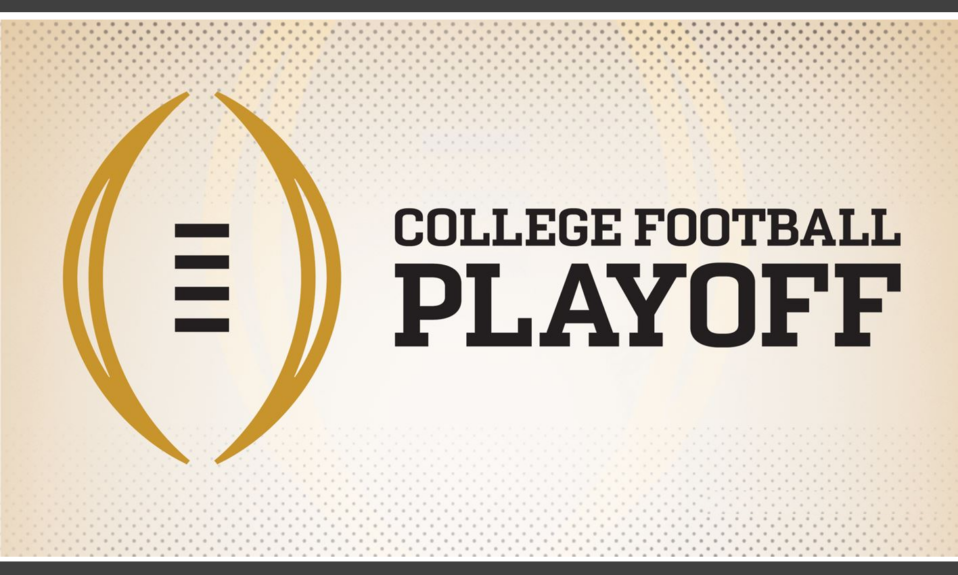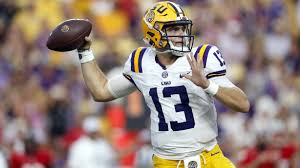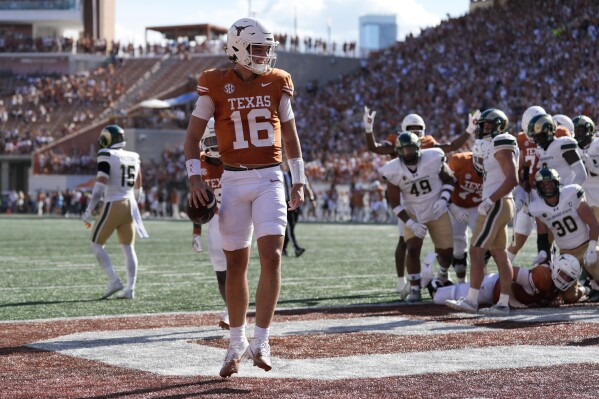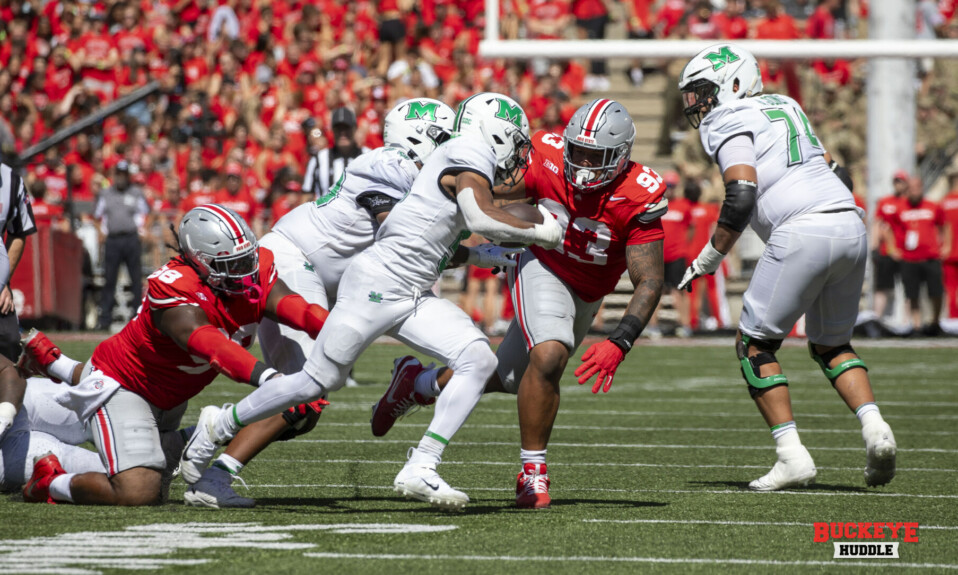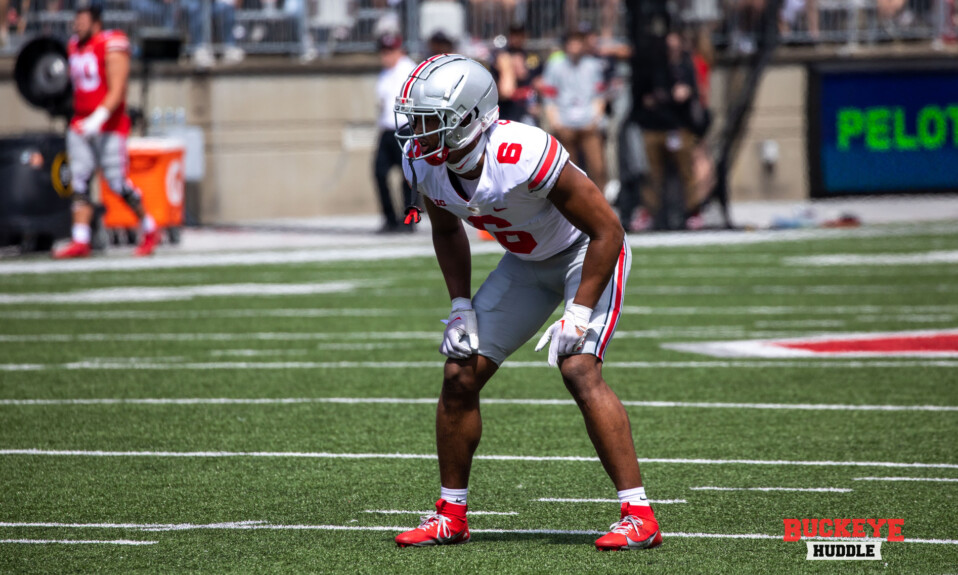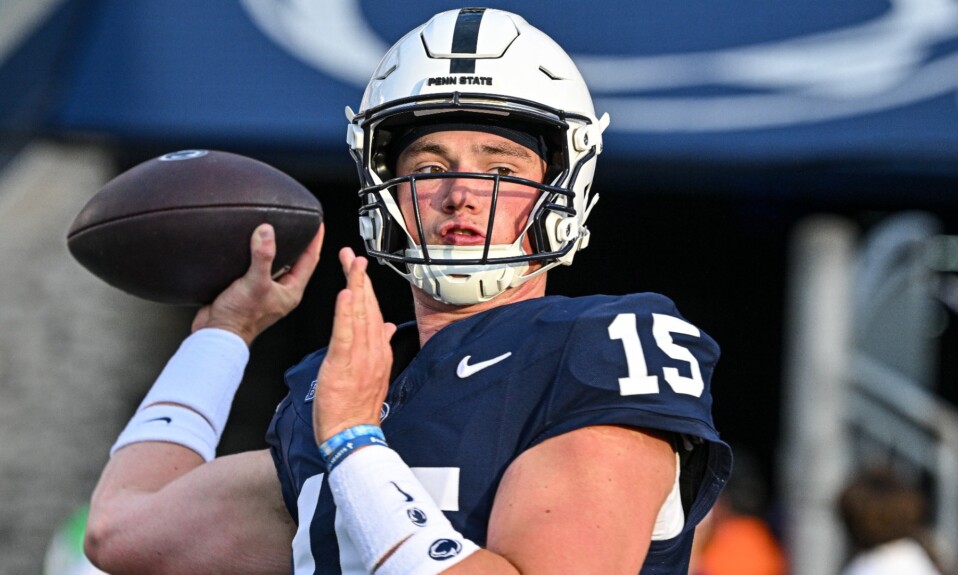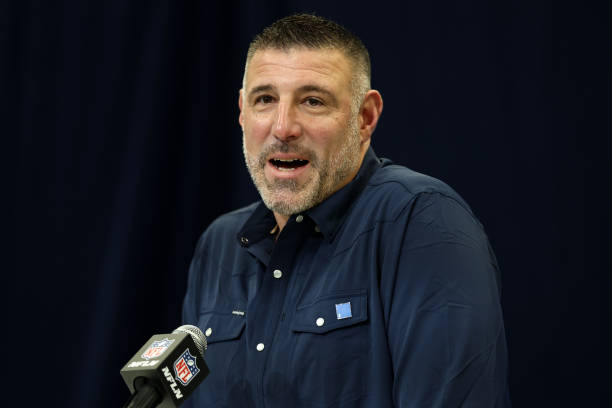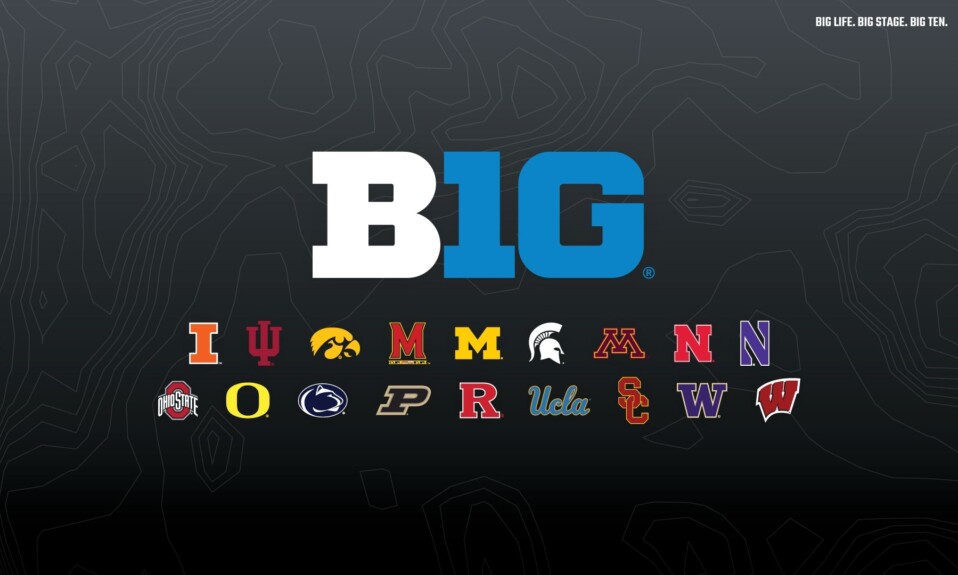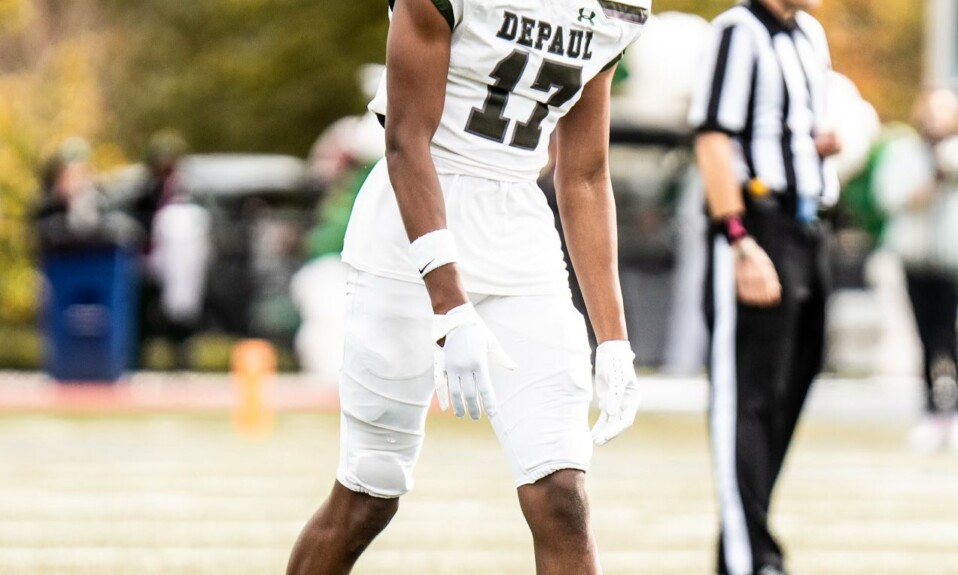The future of college sports will include student-athletes receiving revenue share.
NCAA President Charlie Baker and each of the Power 5 conferences — the Atlantic Coast, Big Ten, Big 12, Pac-12 and Southeastern — jointly announced Thursday that they’ve agreed to settlement terms regarding antitrust and class-action lawsuits. According to Ralph D. Russo of The Associated Press, the NCAA and Power 5 will pay nearly $2.8 billion, expected to be paid over 10 years, to settle several antitrust claims, notably House v. NCAA, Hubbard v. NCAA and Carter v. NCAA, and the joint statement claimed it “is an important step in the continuing reform of college sports that will provide benefits to student-athletes and provide clarity in college athletics across all divisions for years to come.”
Among the longstanding aspects that made up the foundations of the NCAA is set to change: schools can directly pay players.
Here is the full joint statement from Baker, ACC commissioner Jim Phillips, Big Ten commissioner Tony Petititti, Big 12 commissioner Brett Yormark, Pac-12 commissioner Teresa Gould and SEC commissioner Greg Sankey.
“The five autonomy conferences and the NCAA agreeing to settlement terms is an important step in the continuing reform of college sports that will provide benefits to student-athletes and provide clarity in college athletics across all divisions for years to come. This settlement is also a road map for college sports leaders and Congress to ensure this uniquely American institution can continue to provide unmatched opportunity for millions of students. All of Division I made today’s progress possible, and we all have work to do to implement the terms of the agreement as the legal process continues. We look forward to working with our various student-athlete leadership groups to write the next chapter of college sports.”
READ: Reports: Big Ten Conference made $880 million in revenue during 2023
Notre Dame President Rev. John I. Jenkins, C.S.C. also reportedly released a statement, calling the settlement “necessary to avoid what would be the bankruptcy of college athletics.” Here is his full statement according to Ross Dellenger of Yahoo! Sports.
“The settlement, though undesirable in many respects and promising only temporary stability, is necessary to avoid what would be the bankruptcy of college athletics. To save the great American institution of college sports, Congress must pass legislation that will preempt the current patchwork of state laws; establish that our athletes are not employees, but students seeking college degrees; and provide protection from further antitrust lawsuits that will allow colleges to make and enforce rules that will protect our student-athletes and help ensure competitive equity among our teams,” Jenkins stated via Yahoo! Sports.
Among the expected outcomes from the settlement include the NCAA and universities sharing revenue directly with student-athletes. There could be “millions of dollars” paid to players as soon as fall 2025, according to the AP.
The model for revenue sharing with student-athletes “will cost major conferences a cumulative $1 billion-plus annually,” according to Yahoo! Sports, and schools can share up to $22 million with student-athletes per year — a figure that “was derived from 22% of an average of power conference revenues” and subject to change and exceptions.
According to Dan Murphy and Pete Thamel of ESPN, any Division I athlete dating back to 2016 is eligible to receive a share as part of the settlement class. These athletes therefore drop their claims in three antitrust lawsuits — House v. NCAA, Hubbard v. NCAA and Carter v. NCAA — and cannot sue the NCAA for other antitrust-related reasons.
Roster size could also be affected as a result of the changes expected after the settlement. According to Yahoo! Sports, scholarship restrictions could be eliminated while roster limits would be implemented.
Bankruptcy was reportedly at risk had the settlement not been reached among the NCAA and Power 5 regarding the lawsuits.
READ: Penn State Board of Trustees approves Beaver Stadium renovation before 2027 season
The ability for student-athletes to profit from their name, image and likeness began when the NCAA implemented policy in July 2021. Since, college athletics has seen a flurry of changes in almost the past three years, including in areas such as the conference realignment and the transfer portal. Texas senator Ted Cruz hosted an NIL roundtable on Capitol Hill in March discussing its impacts and urging Congress to pass college athletics legislation.
According to Yahoo! Sports, there is likely a five-to-eight month time period before finalization of the settlement to account for official filing, judge approval and individual plaintiff objections among other things.
Final details will be submitted to the court and Judge Claudia Wilken in the next 30 days, according to ESPN.

